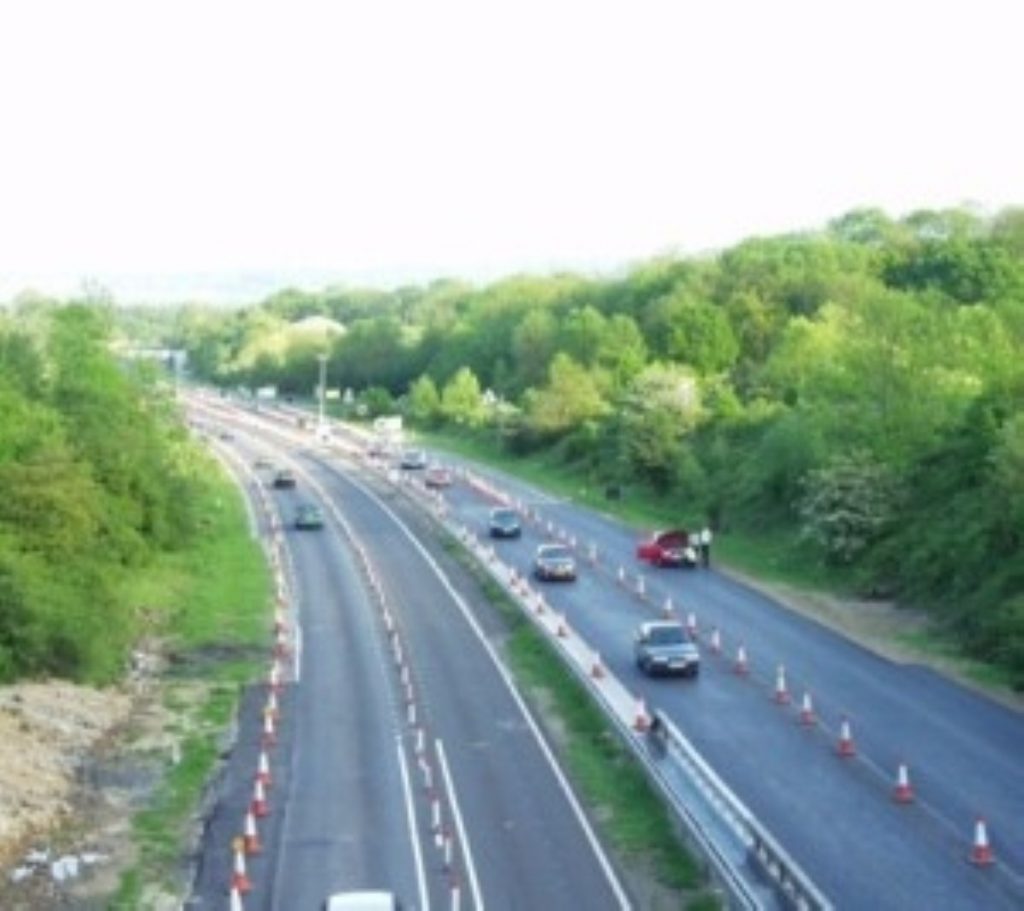Urgent action demanded on Britain’s roads
Britain’s road network is heading towards gridlock, and the Government must take urgent action to prevent this from happening, a new report warns today.
While the Government has made major spending commitments to aviation and rail in recent months, it continues to have an ambivalent, ad hoc and short-term approach to roads, the RAC Foundation claims.
The report also warns that road pricing is no substitute for more road building.
The Department for Transport’s own “Transport Trends” figures show that the road network is not coping with the growing demands placed upon it, the RAC Foundation report argues.


While road traffic grew by 75 per cent between 1980 and 2002, the total length of Britain’s roads grew by only 10 per cent.
The RAC Foundation has therefore published a list of measures that it regards as necessary simply to keep traffic moving. These include continuing existing motorway expansion projects; reconsidering the rejected plans for improving the A27 on the south coast and the Western Orbital Route around the West Midlands; widening key sections of the M3 and M4; building a new short link between the A1 and M1 and improving the North Circular Road in London; and putting in place a number of small-scale improvements to relieve congestion at known blackspots, such as the A1 in the north east, the A5 in the West Midlands and the A47 in East Anglia.
These improvements, the RAC Foundation claims would cost only £2 billion per annum.
Furthermore, the RAC Foundation calls for a comprehensive review of road transport to set strategic priorities for the next 30 to 50 years.
Commenting on the study, RAC Foundation chairman David Holmes declared, “as the motorist is already contributing some £44 billion in motoring taxes each year, an improvement programme of this magnitude over ten years would be excellent value for money.
“We claim to be the fourth largest economy in the world so surely we can afford a decent road system to support economic growth.”
“The Government is right to plan ahead to meet the needs for air transport. We need a similar vision for strategic roads, which carry the vast bulk of passengers and freight”, Mr Holmes concluded.

